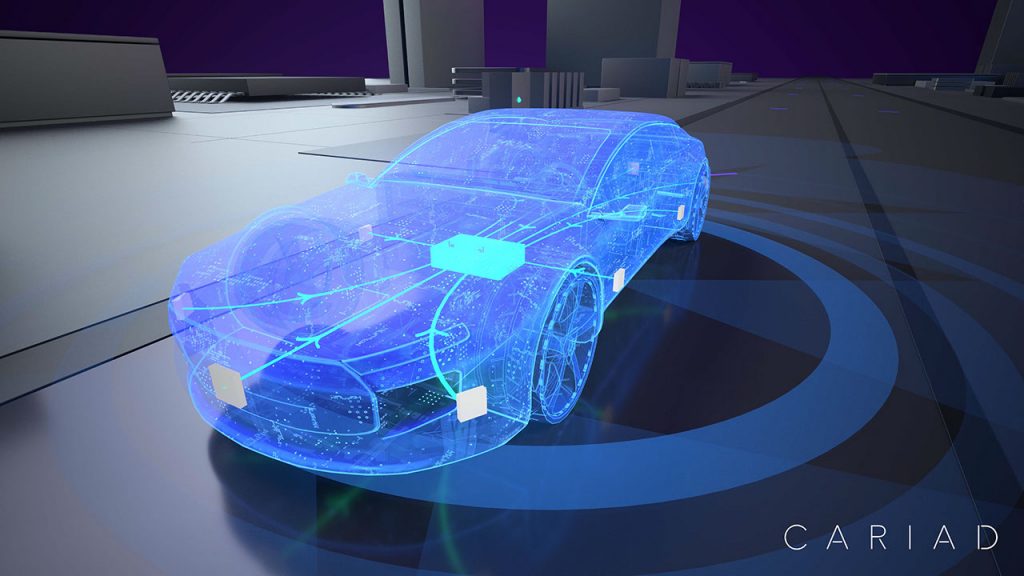
Volkswagen has chose Qualcomm over Nvidia for microchips to power its future assisted and automated driving features, the companies announced May 3.
Cariad, the Volkswagen Group’s software company, will employ system-on-chips (SoCs) from Qualcomm’s Snapdragon Ride Platform portfolio for its software platform. The chips are targeted for vehicles from the middle of the decade for all of the Volkswagen Group, which includes Audi, Bentley, Lamborghini, Porsche and, of course, Volkswagen.
“The connected and automated car of the future is a high-performance computer on wheels. Behind it lies enormously complex computing power,” Cariad CEO Dirk Hilgenberg said in a statement. “With our automated driving solutions, we are striving to let customers take their hands off the steering wheel in the future. Our software and Qualcomm Technologies’ high-performance SoCs are the perfect match to bring this new automotive experience to customers around the world.”
The companies aim for the hardware to enable autonomous driving functions up to Society of Automotive Engineers (SAE) Level 4 autonomy—that is, able to act without any human intervention in the vast majority of situations.
“We look forward to supporting Cariad and its suppliers to deliver scalable and secure automated driving functions for Volkswagen Group vehicles through their selection of our open and programmable Snapdragon Ride Platforms,” Nakul Duggal, senior vice president and general manager of automotive for Qualcomm, said in a statement. “As the amount of innovation and complexities increase, strong collaborations such as ours with Cariad are a necessity to not only address aggressive time-to-market goals, but to deliver safe and reliable automated driving experiences for all.”
Cariad was established in 2020 under the name Car.Software Organization. In 2021, it announced it was partnering with Microsoft to build a new cloud-based automated driving platform.
The selection of Qualcomm is the first of its kind for Cariad, allowing it to define which chips are used for its platform and match them with its own software requirements.
“Finding the best balance between scalability, costs and performance was one of our biggest challenges for the design of our new High Performance Compute platform,” Klaus Hofmockel, senior vice president of hardware development at Cariad, said in a statement. “Qualcomm Technologies’ fully scalable SoC lineup delivers very efficient compute performance in combination with energy efficiency and also cost-effectiveness.”
This latest development joins a number of advances Qualcomm has made into autonomous driving in the past six months. For example, in November, BMW announced it would use Qualcomm’s Snapdragon Ride Platform for its next generation of ADAS and autonomous driving systems; and in January, February and April, Renault, Ferrari and Stellantis respectively announced that they would use Qualcomm’s Snapdragon Digital Chassis in their next-generation vehicles.
Volkswagen had in 2018 chosen Nvidia’s Drive IX software development kit for its new I.D. Buzz, Volkswagen’s exciting rebirth of the iconic VW MicroBus. The aim for the Drive IX platform was to creating AI-enabled “intelligent co-pilot” applications, such as assistance and convenience systems based on processing sensor data from both inside and outside of the car.

